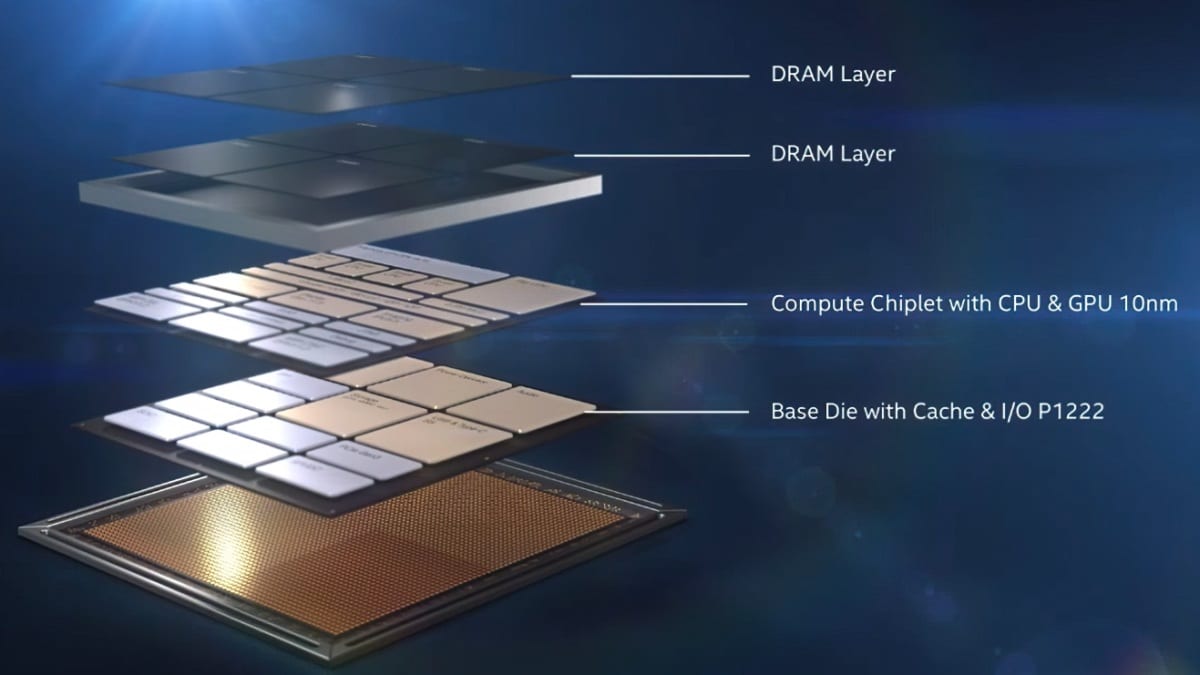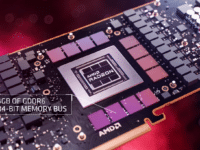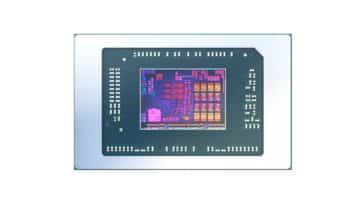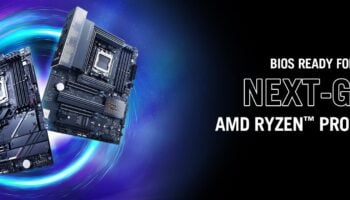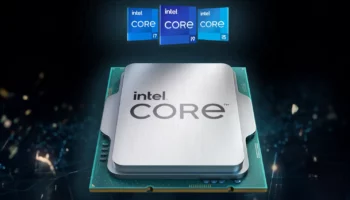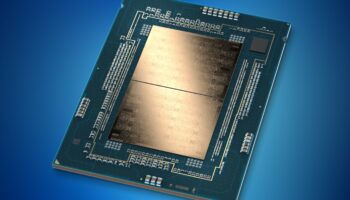Last week, Intel updated its foundry roadmap, placing the lofty goal to become the second-best by 2030. Its 5N4Y (5 Nodes 4 Years) promise will be near its completion by the end of this year. The 15th Gen Arrow Lake processors will succeed Meteor Lake with faster cores and improved graphics on the most advanced node. Featuring RibbonFET (GAA) transistors and PowerVia (backside power delivery), these chips are expected to return Intel to “unquestioned process leadership,” but there’s more. Lunar Lake will feature another node upgrade shortly after Arrow.
Intel CPU Roadmap 2024-25: 15th Gen Arrow Lake and Lunar Lake
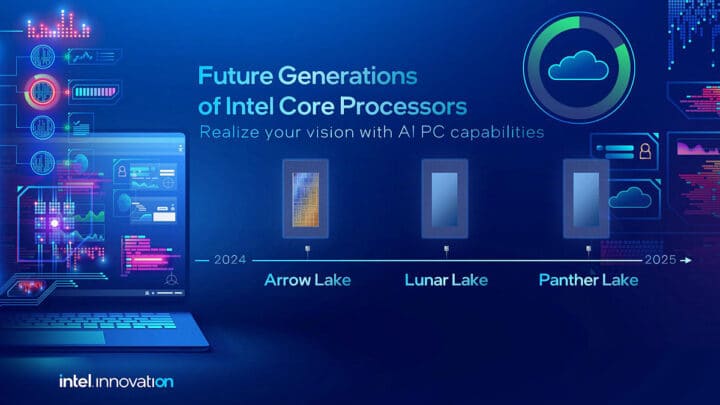
The 15th Gen Arrow Lake processors are scheduled to launch later this year. They’ll be Intel’s first chiplet-based desktop processors, consisting of a CPU, iGPU, I/O, and SoC tiles. The CPU tiles will be fabbed on the Intel 20A node, while the iGPU tile be fabbed on TSMC’s 3nm process. The remaining two tiles will be fabbed on mature Intel/TSMC nodes.
The CPU cores will be upgraded to Lion Cove “P” (from Redwood Cove) and Skymont “E” (from Crestmont). The iGPU will be based on the Xe-LPG architecture, offering modest performance improvements over Meteor Lake.

Arrow Lake will feature up to 24 cores (8P + 16E) but no hyperthreading. This will be the first step in Intel’s journey from SMT to Rentable Units. The P-core L2 cache is expected to increase by 50% to 3MB (2MB on Raptor Cove). A single-threaded uplift of 5% and a multi-threaded boost of 15% are being targeted per leaked Intel documents.
Lunar Lake is supposed to be an ultrabook/convertible SoC succeeding Lakefield. It’ll be fabbed on the 18A (CPU) and TSMC N3P (GPU) nodes. Being a low-power notebook design, it’ll feature up to 10 cores (4P + 4E + 2LP) with a TDP of ~20W. Lunar Lake is expected in the holiday season, with limited designs shipping this year. The majority of the horde should launch after CES 2025.
2025-26: Panther Lake and Nova Lake
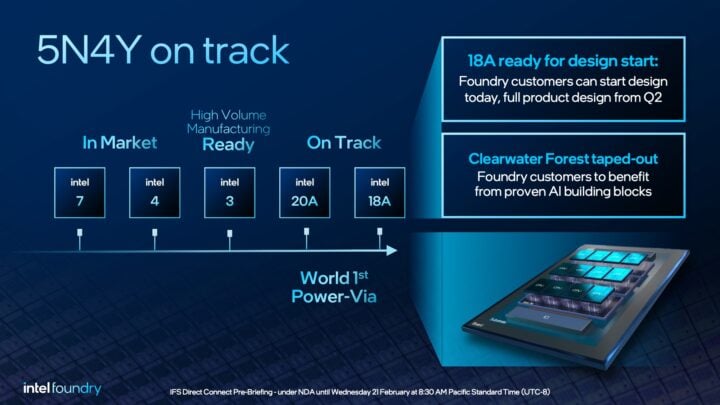
The 16th/17th Gen Panther Lake lineup will be fabricated on the Intel 18A node. Like Meteor Lake, it’ll be a mobile-centric design powered by “Cougar Cove” P cores and “Darkmont” E cores. It’ll leverage a new die layout with up to 12 cores, including 4P, 8E, and 4LP cores. Panther Lake is expected to land at the end of 2025.
The 17th/18th Gen Nova Lake will be Arrow Lake’s true successor with 40 cores (16P + 32E). It’ll be fabbed on the Intel 14A node and adopt P-cores capable of leveraging Rentable Units and Arctic Wolf E-cores. These CPUs are expected to feature high-cache variants akin to AMD’s 3D V-Cache chips. A late 2026 launch is planned for Nova Lake.
Intel Foundry Process Roadmap
Intel’s foundry roadmap has been refined to include updated variants of nodes for different clients and their products. We’re looking at three refinements: E, T, and P. These stand for feature extension, TSVs, and performance improvement, respectively.
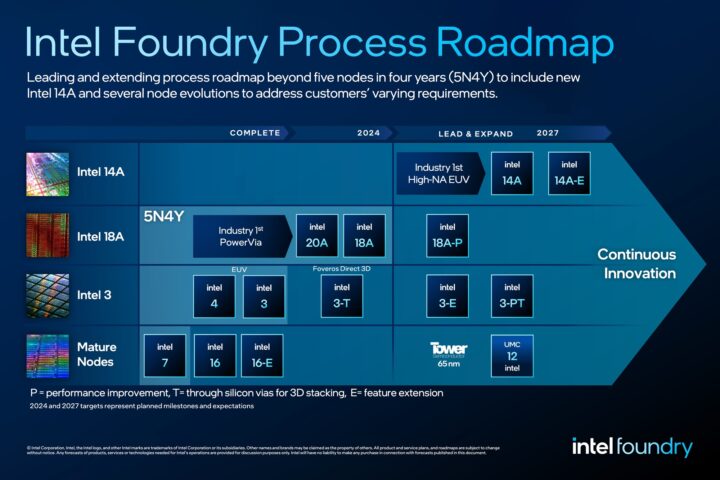
Following the 20A process launch with Arrow Lake later this year, Intel plans a T variant of its 3nm-class node, followed by E and PT variants in 2025/26. The 18A node is set to debut later this year with Lunar Lake and will be followed by a P variant, offering enhanced performance-per-watt. And at the end, we’ve got 14A, set to enter risk production in late 2026. It will be followed by an E variant expected to enter risk production in 2027.
Further reading:
Sources: Intel, Moore’s Law is Dead.
